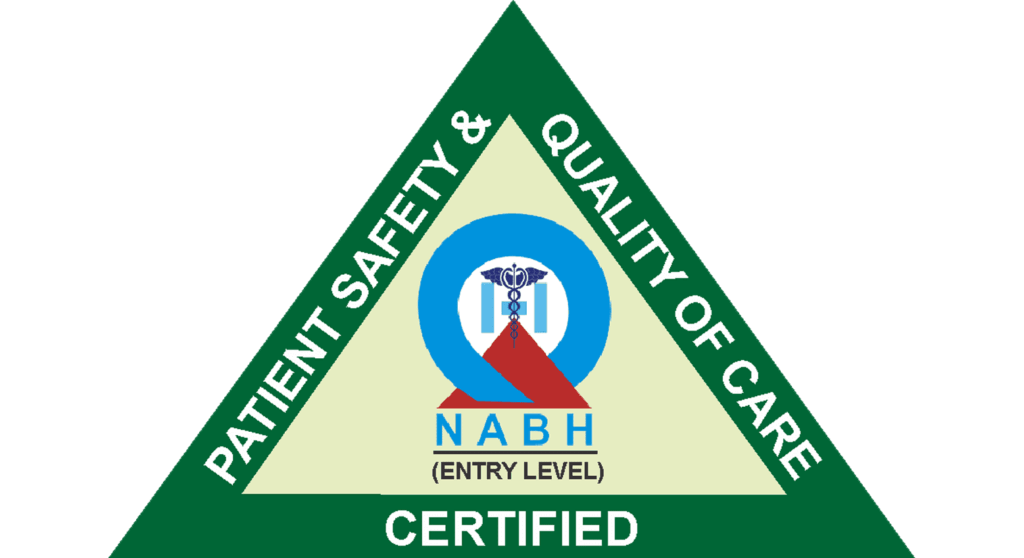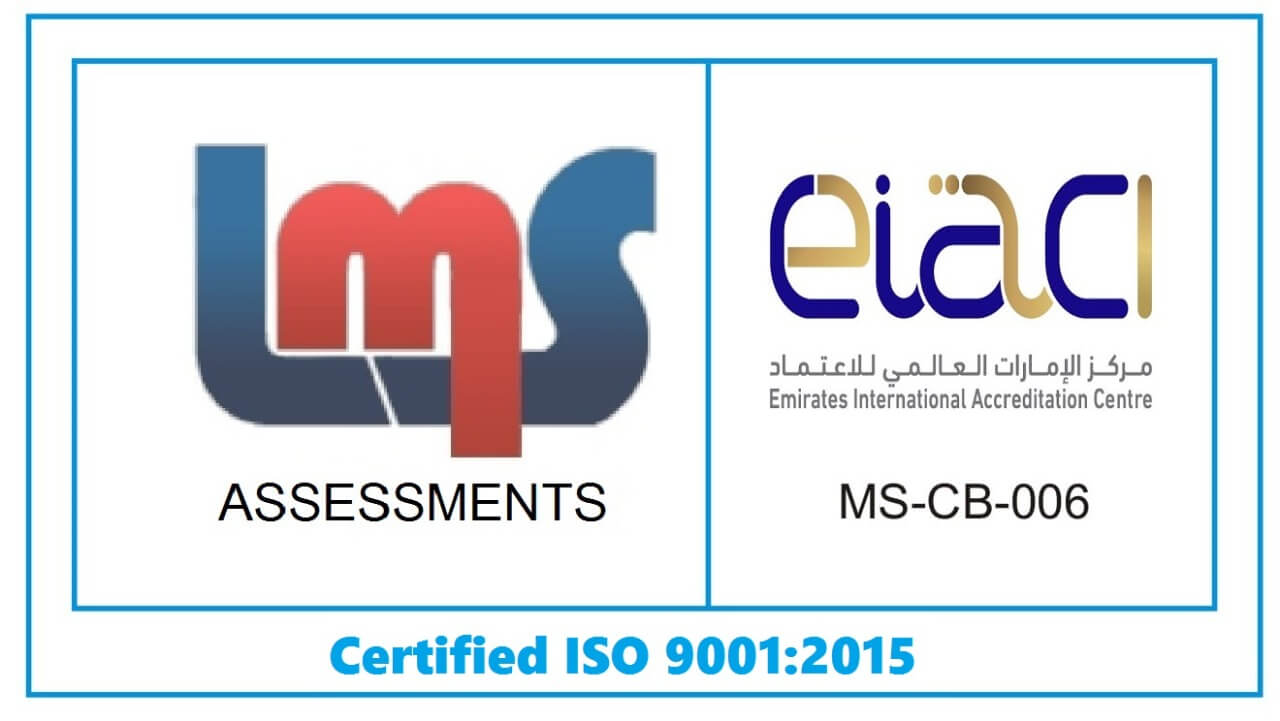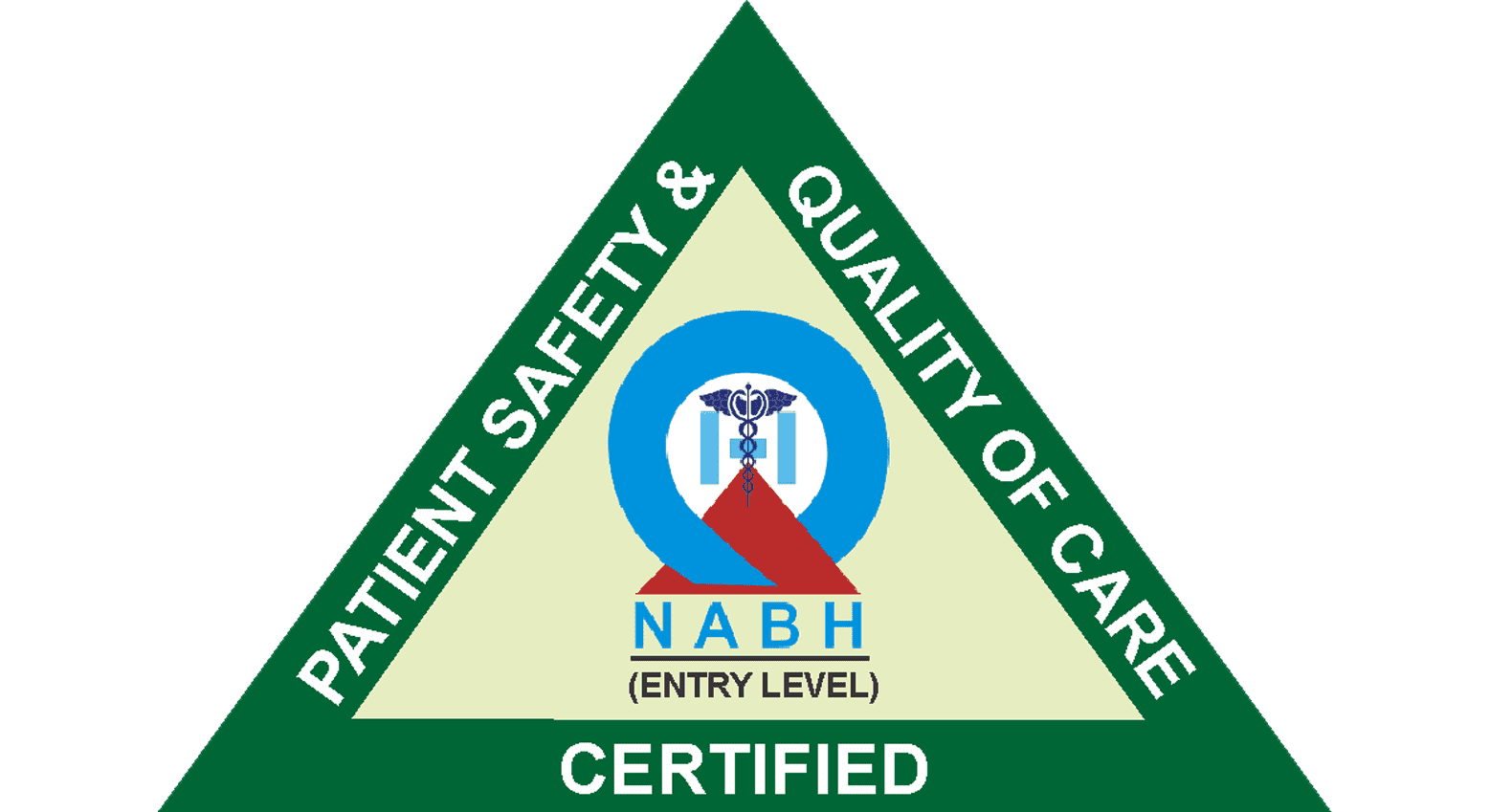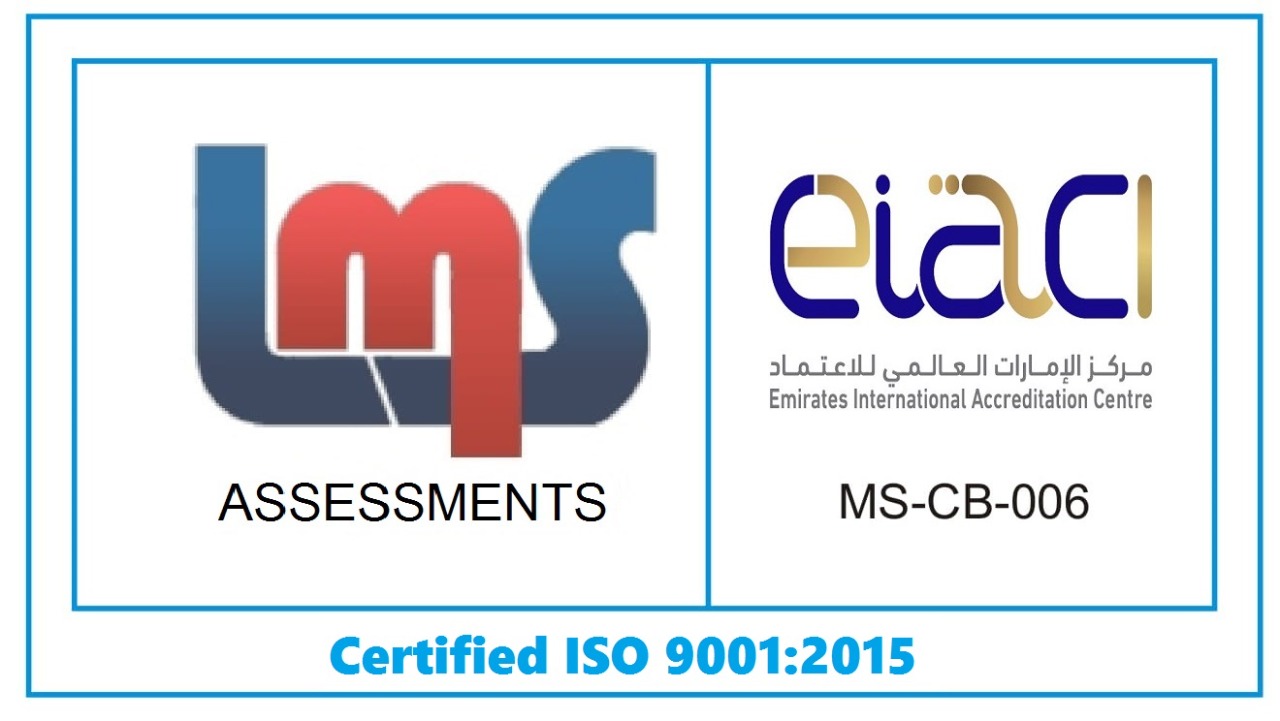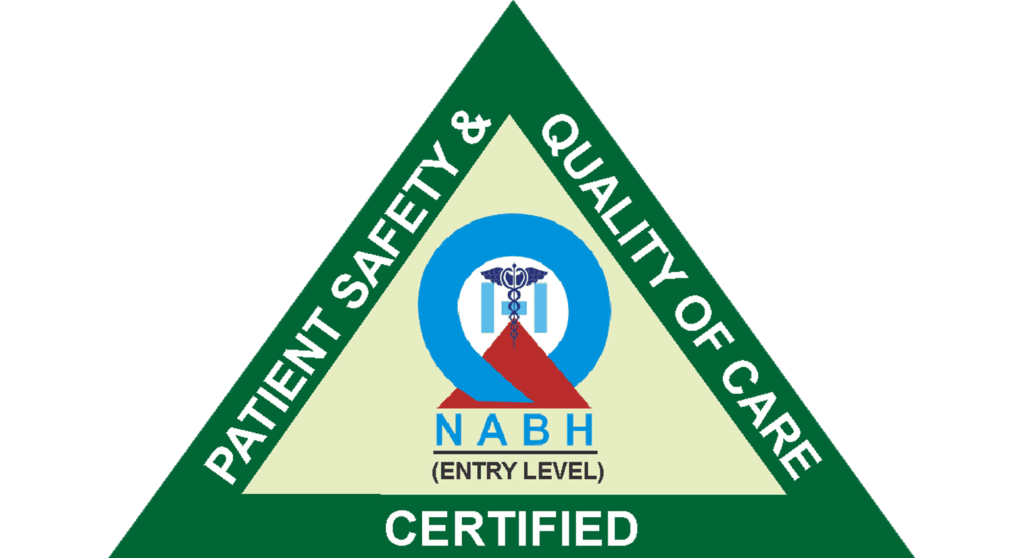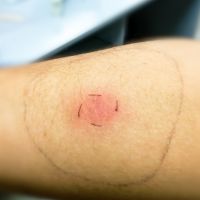Cataract Treatment in Vileparle and Santacruz
Cataract Diagnosis & Treatment

Uveitis Specialist In Mumbai
What is Uveitis?
The word uvea originated from ‘uva’ the Latin word for grape. Uvea is the middle layer of the eye behind the external layer sclera (the white of the eye) and in front of retina, the transparent layer at the back of the eye.
Uvea consists of three parts:
- Iris is a coloured part of the visible portion of the eye that surrounds the pupil, an opening at the centre. It contains muscles that allow the pupil to become larger (after dilatation) and smaller (after constriction);
- Ciliary body, which also contains muscles, secretes a transparent liquid within the eye; and
- Choroid, which contains blood vessels and connective tissue, lies between the sclera and the retina.
Classification of Uveitis
- Anterior
- Intermediate
- Posterior
- Panuveitis
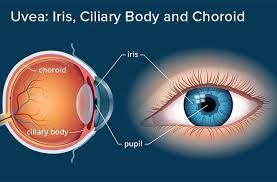
Classification of Uveitis
According to standardisation of uveitis nomenclature (SUN), uveitis is classified into-
- Anterior
- Intermediate
- Posterior
- Panuveitis (Image)
Uveitis Signs And Symptoms
- Redness
- Watering
- Inability to see a bright light (photophobia)
- Excess black dots in the eyes (floaters)
- Decreased or blurred vision in one or both eyes





What Causes Uveitis?
- Infections (Bacterias, Viruses Fungus and protozoal
- Tuberculosis, Syphilis, Leprosy, Toxoplasmosis, Leptospirosis, Brucellosis, Typhoid and Rikettsial
- Herpes, Dengue, Chikungunya, cytomegalovirus (CMV), Mumps, HIV, H1N1, COVID
- Candida, Ring worm, Tinea, Aspergillus, Histoplasma
- Auto immune diseases
- Ankylosing spondylitis, Rheumatoid arthritis, Psoriasis, SLE, Behcet’s syndrome, Sarcoidosis,VKH disease etc.,
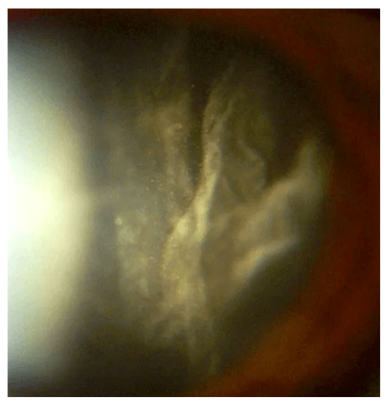
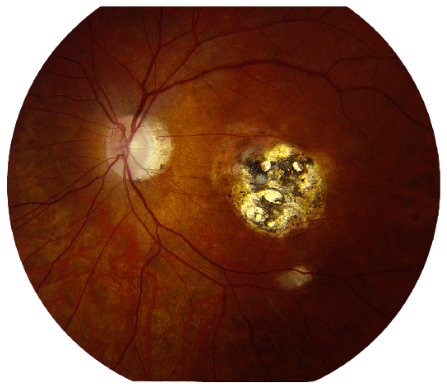
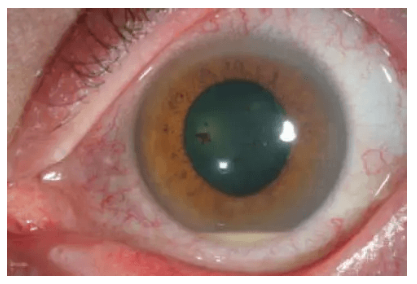
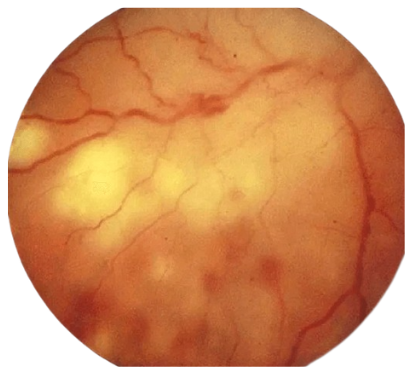
- Cancers can cause uveitis like conditions
- Lymphomas, leukaemia, and secondries from other cancers in the body (like breast cancer, lung cancer or prostate cancer)
- Trauma can cause uveitis in the same eye or even other eye
- When the cause is unknown the uveitis is known as idiopathic
What causes Uveitis?
Uveitis occurs due to certain infections in the body or due to disbalance of immune system caused by various not well understood external and internal factors. It is not always possible to pin point the cause of uveitis. Common causes of uveitis are listed below:
- Infections (Bacterias, Viruses Fungus and protozoal
- Tuberculosis, Syphilis, Leprosy, Toxoplasmosis, Leptospirosis, Brucellosis, Typhoid and Rikettsial
- Herpes, Dengue, Chikungunya, cytomegalovirus (CMV), Mumps, HIV, H1N1, COVID
- Candida, Ring worm, Tinea, Aspergillus, Histoplasma
- Auto immune diseases
- Ankylosing spondylitis, Rheumatoid arthritis, Psoriasis, SLE, Behcet’s syndrome, Sarcoidosis,VKH disease etc.,
- Cancers can cause uveitis like conditions
- Lymphomas, leukaemia, and secondries from other cancers in the body (like breast cancer, lung cancer or prostate cancer)
- Trauma can cause uveitis in the same eye or even other eye
- When the cause is unknown the uveitis is known as idiopathic




Investigation of Uveitis
Eye Investigation
- OCT
- FFA
- B Scan
- ICG
Eye Tap
- Aqueous Tap
- Vitreous Tap
Laboratory Test
- Blood Test
- Urine Test
- Mantoux
CBC, ESR, CRP, TPHA, RBS, HIV, HLA B 27, HLA B 5 1,ANA, ANCA
Radiological Test
- Chest X-ray ,CT Scan
- MRI ,PET Scan
Treatment for Uveitis
BIOLOGICS
- Termed “biologics” due to their biological derivation, these drugs specifically..
Uveitis Doctors

Dr. Nitin Balakrishnan
Cataract & Refractive Surgeon

Dr. Nikhil Nitin Balakrishnan

Dr. Pavitra Patel Balakrishnan

Dr. Aniruddha Mahindrakar
Uveitis Patient Reviews
Karan Kothari
Tan
Sakshi Shetty
Frequently Asked Questions
The treatment duration for uveitis varies, lasting from a few months to years, depending on disease severity.
The frequency of OPD visits after treatment depends on individual diagnosis, typically requiring personalized follow-up based on consultant advice.
Depending on your condition’s diagnosis, you may need to see a rheumatologist or a physician/chest physician.
Uveitis complications may include increased eye pressure, cataract development, and macular swelling (sensitive eye layer). Adherence to consultant instructions is crucial.

